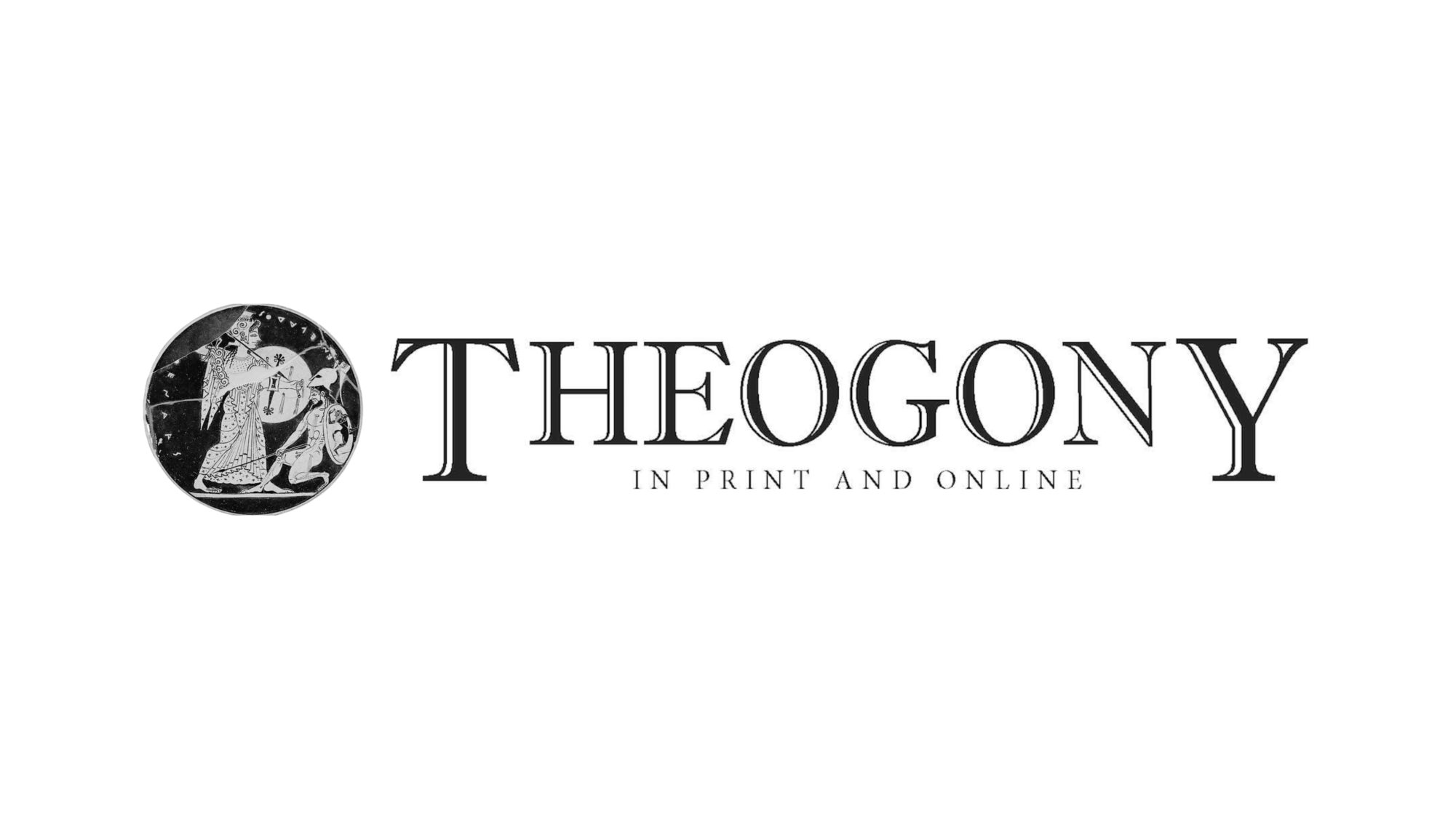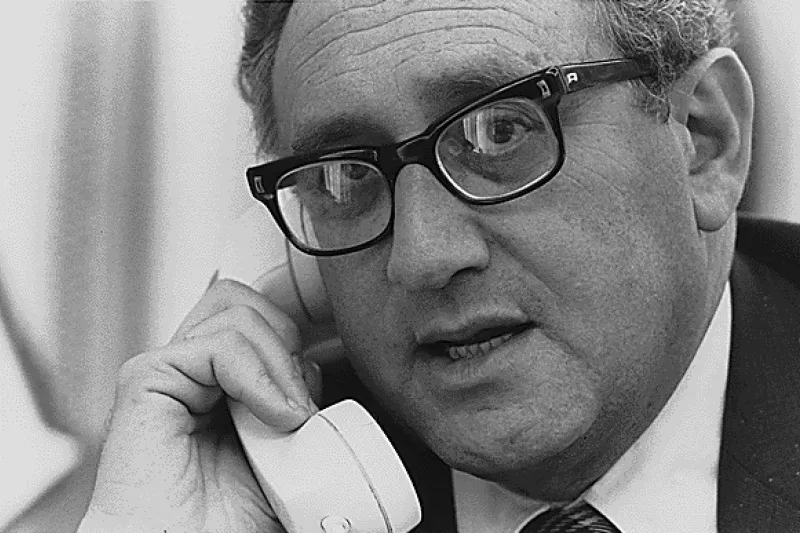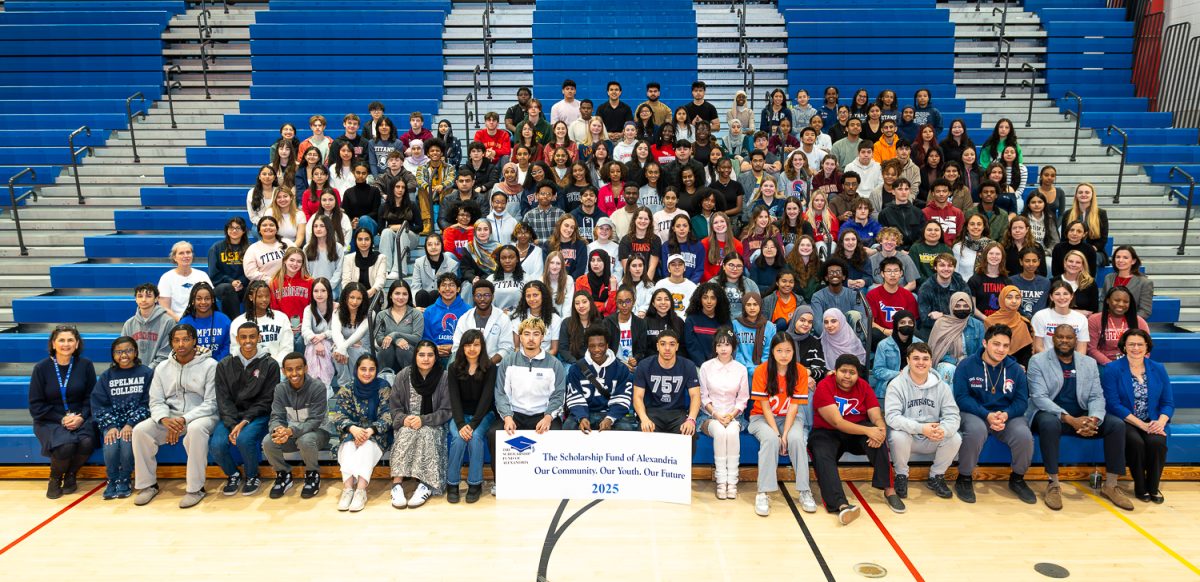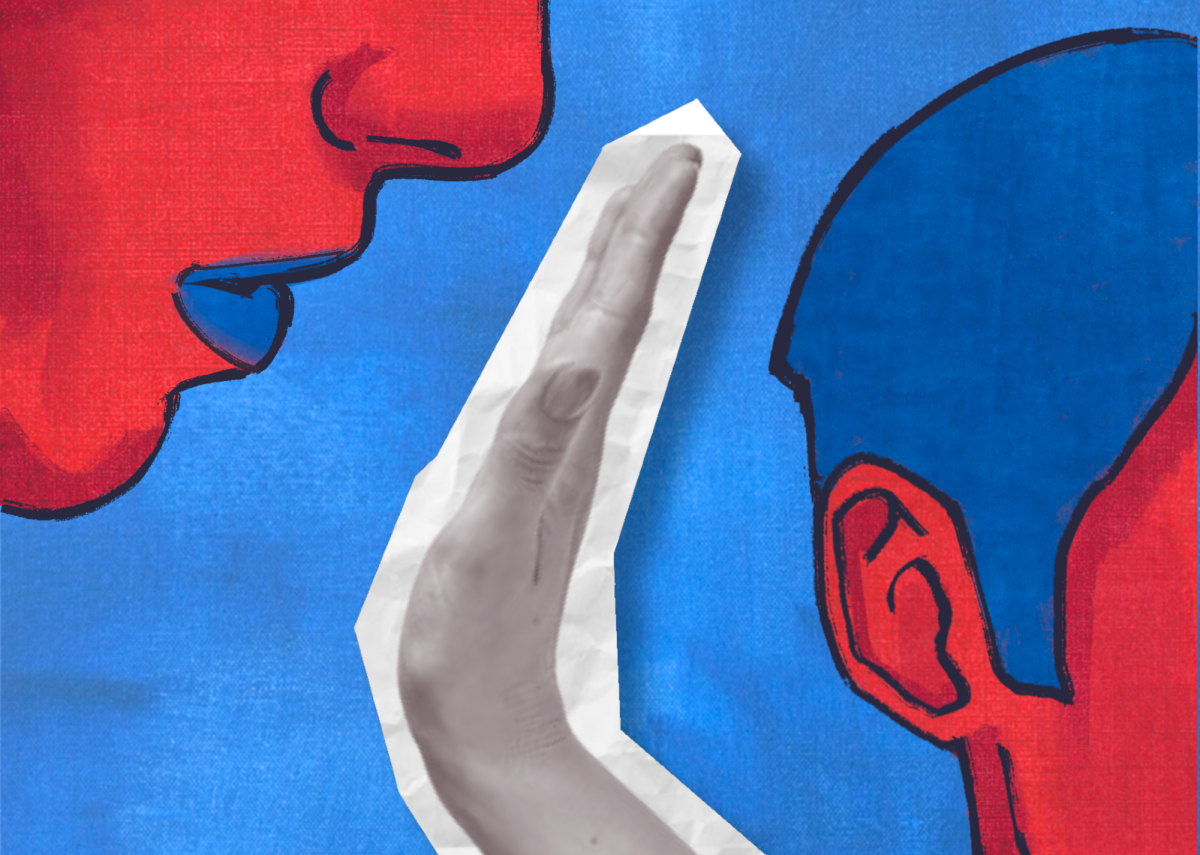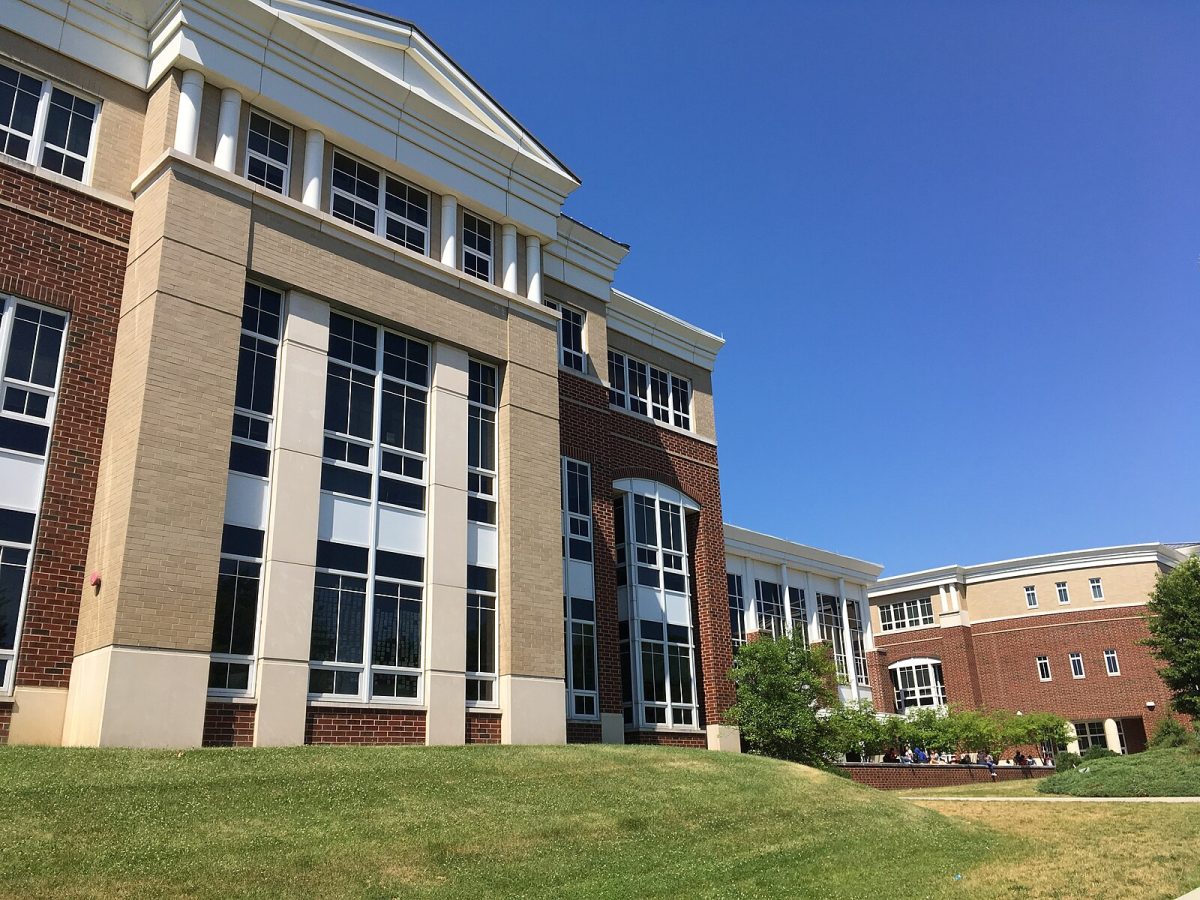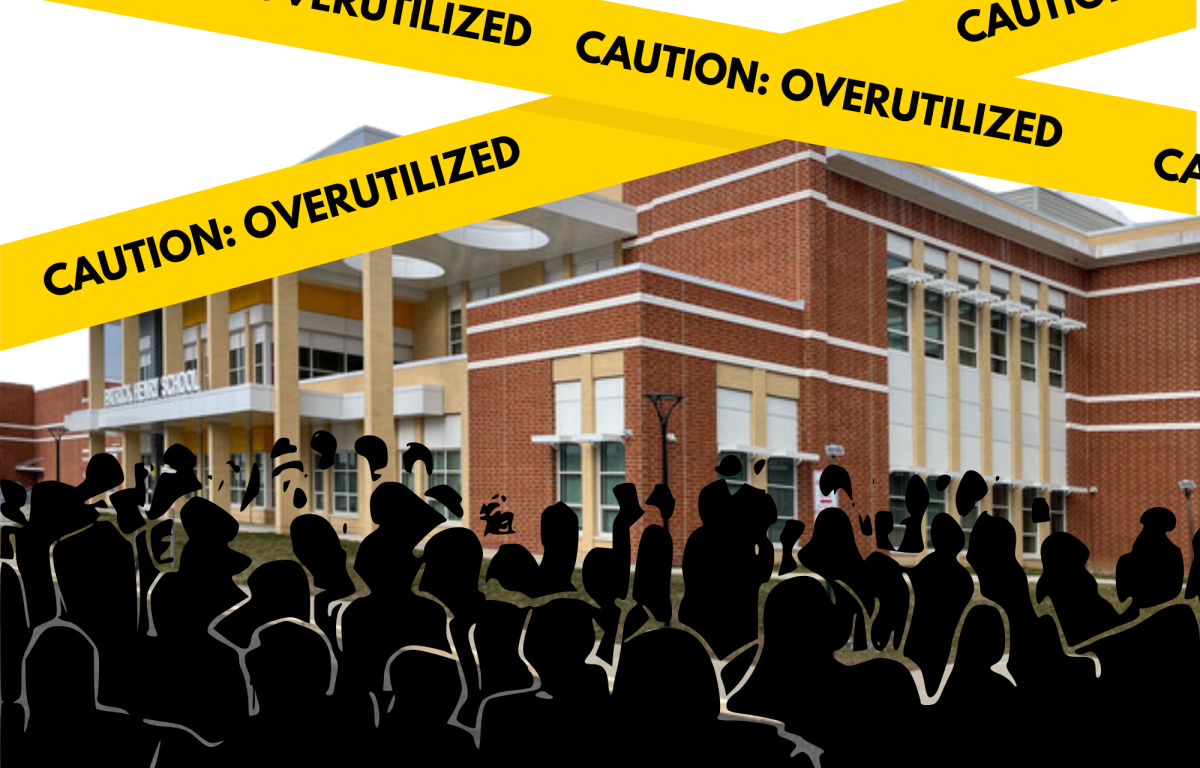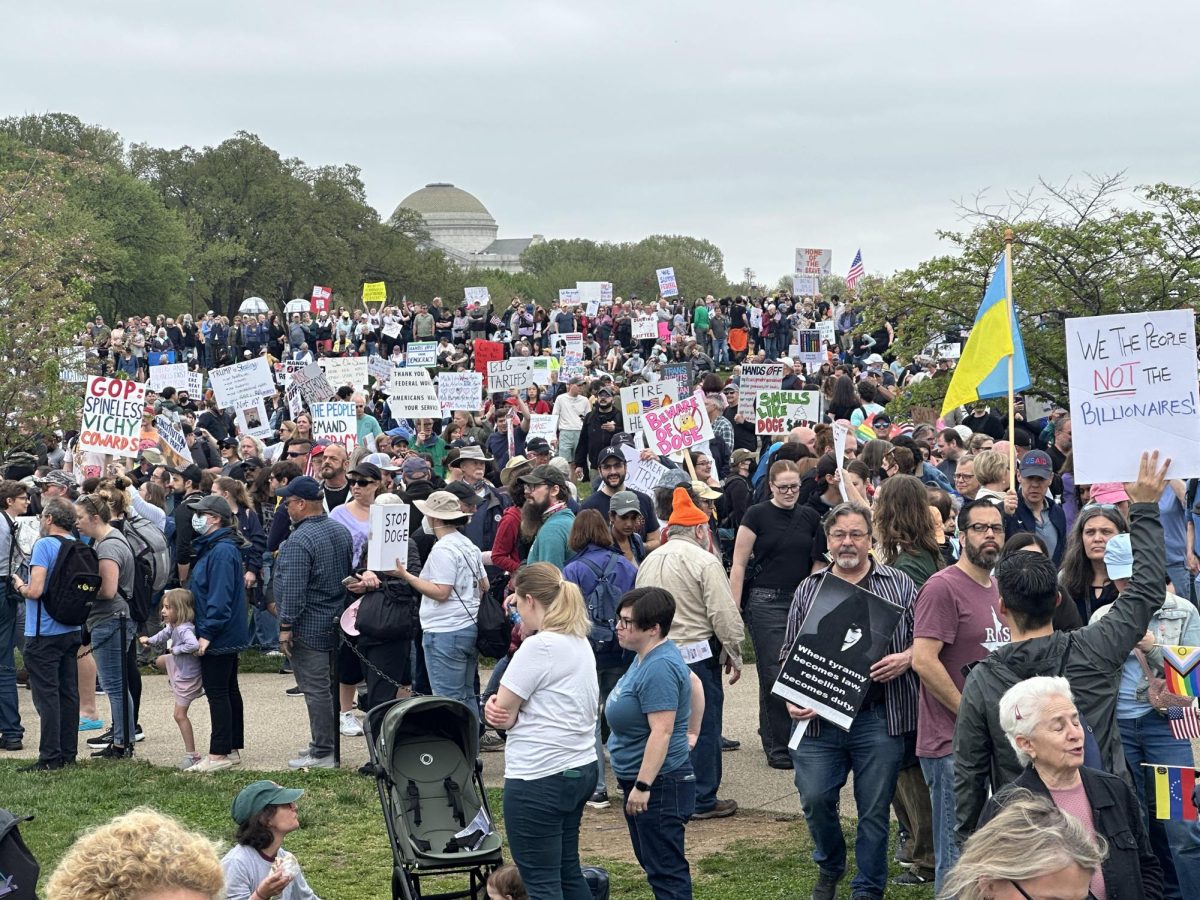Henry Kissinger, known by many as Richard Nixon’s right-hand man, passed away on November 29th, 2023 in Kent, Connecticut. Kissinger knew many prominent world leaders in his lifetime, and his influence spread wide and far. He was even America’s “most admired man” in a Gallup Poll in 1973 and 1974. Kissinger served as an advisor and secretary of state to Richard Nixon and Gerald Ford throughout many century-defining 20th-century events.
In many Americans’ eyes, Kissinger will go down as a national hero who persevered through tumultuous times and who successfully navigated the United States through events like the Vietnam War. But this is a dangerous lie. If you ask any Khmer, Chilean, Bangladeshi, Indonesian, or Vietnamese person, they’ll likely tell you of a very different Henry Kissinger: a Henry Kissinger who was a warmonger, a war criminal, and a perpetrator of genocide.
Many know about the September 11, 2001 attacks on the World Trade Center in the United States, but little know about the date’s significance in Chile. On September 11, 1973, Augusto Pinochet and his cronies forcibly took power in a coup, overthrowing a democratically elected democratic socialist government under Salvador Allende. Kissinger not only condoned the coup but helped to orchestrate the conditions that precipitated it. He and Nixon hatched a plan to exacerbate issues in Chile to limit the president’s ability to address a potential rising social unrest that created the conditions in which he was overthrown. In some cases, Kissinger wasn’t just cordial with Pinochet, but outright supported him.
In the spring of 1971, Pakistan’s dictator, General Agha Muhammad Yahya Khan, carried out the genocide of hundreds of thousands of people in East Pakistan, which is now Bangladesh. One might expect the United States, the “protector of democracy” and hegemon over the West, to condemn such a genocide. This was not the case. In fact, Nixon and Kissinger, according to the National Security Archive, “tactically supported” Yahya and gave weapons to them as the genocide was ongoing.
Pinochet was not the only dictator Kissinger aided, and the East Pakistani genocide wasn’t the only one Kissinger abetted. In fact, on the other side of the world, another oppressive dictator was setting in motion another genocide, this time in the country that would later be known as Timor-Leste. General Suharto was an Indonesian dictator who perpetrated the killing of upwards of 100,000 Timorese people. Data from the National Security Archive shows that the highest offices of the United States (that of Nixon and Kissinger) gave the “green light” on the invasion of East Timor. Moreover, a report by the East Timor Truth Commission revealed that the United States’ “political and military support were fundamental to the Indonesian invasion and occupation.
Despite receiving the Nobel Peace Prize for helping to negotiate the Paris Peace Accords (which failed and the Vietnam War ultimately reignited ), Kissinger would be viewed by many as an escalator. Kissinger was also greatly entangled in the bombing raids on Cambodia in an operation dubbed “Operation Menu.” This operation would end with 110,000 tons of bombs dropped on Cambodia and the killings of upwards of 100,000 civilians. This operation would help the Khmer Rouge to legitimize their power by instilling anti-American feelings among the Cambodian people. The Khmer Rouge regime would go on to kill about 2 million civilians.
Henry Kissinger’s legacy will always be a hotly debated one. To some, he is a hero; to others, he is a war criminal. Whatever the case, the effects of his actions will not be forgotten for generations to come, least of all in American foreign policy written in blood.
